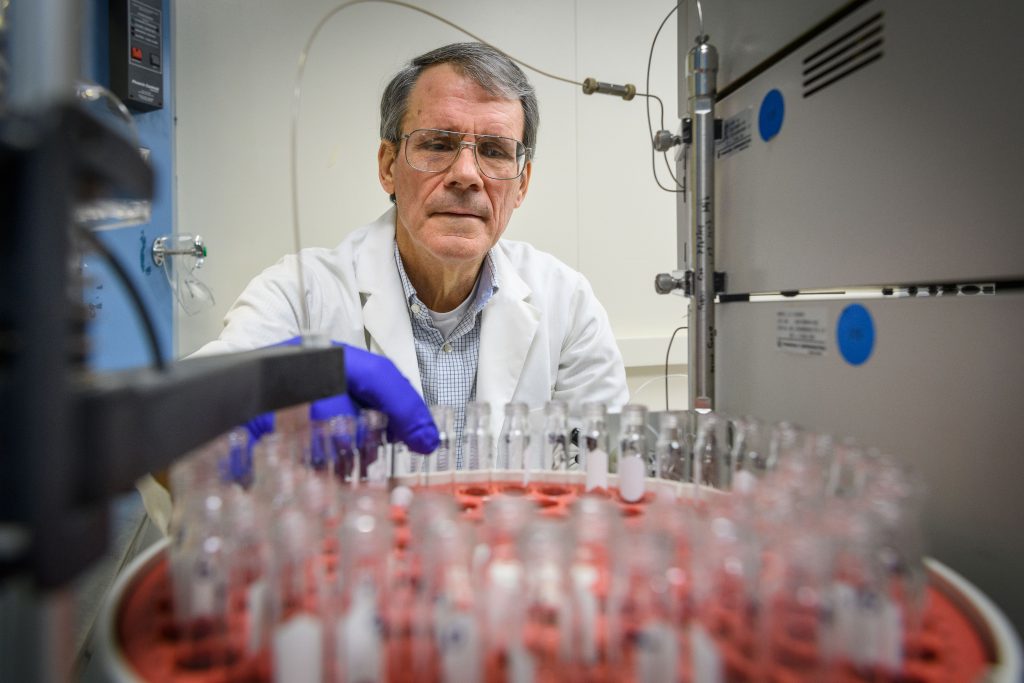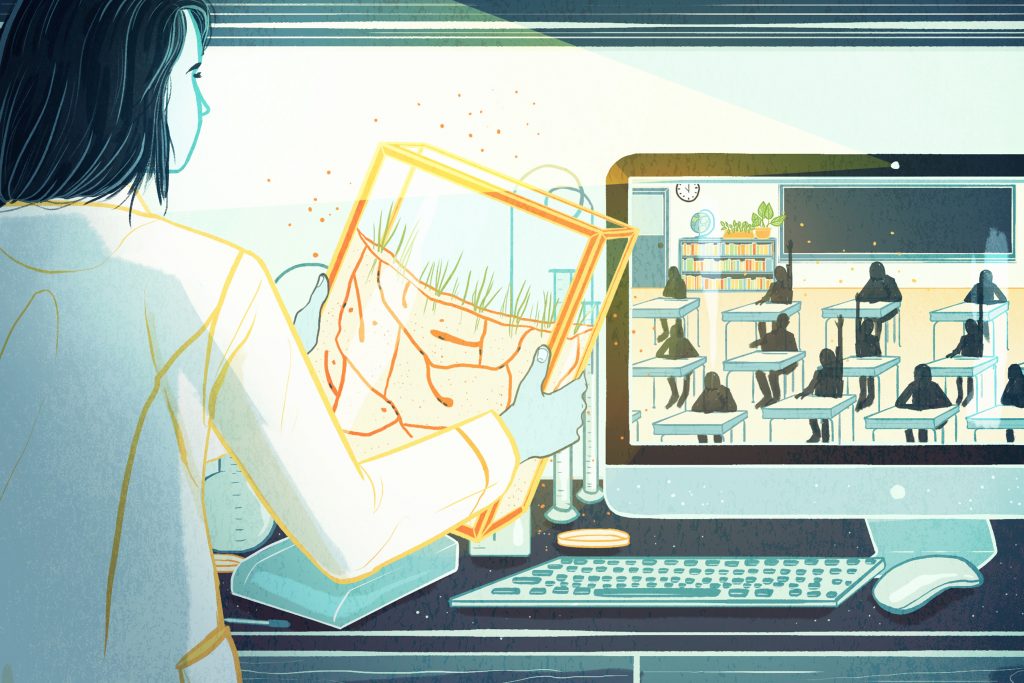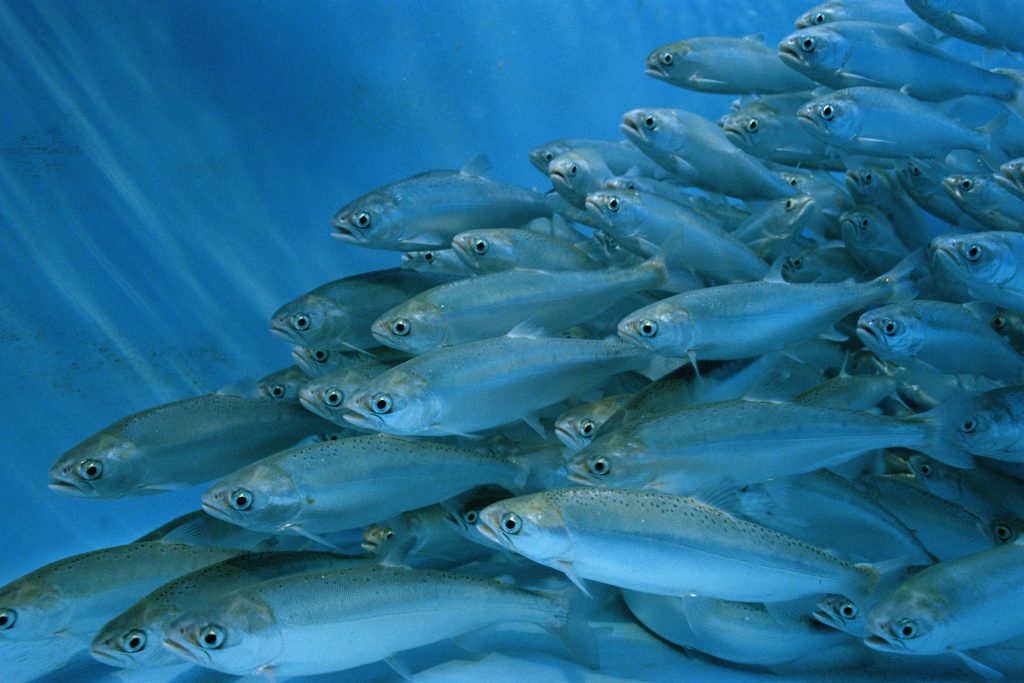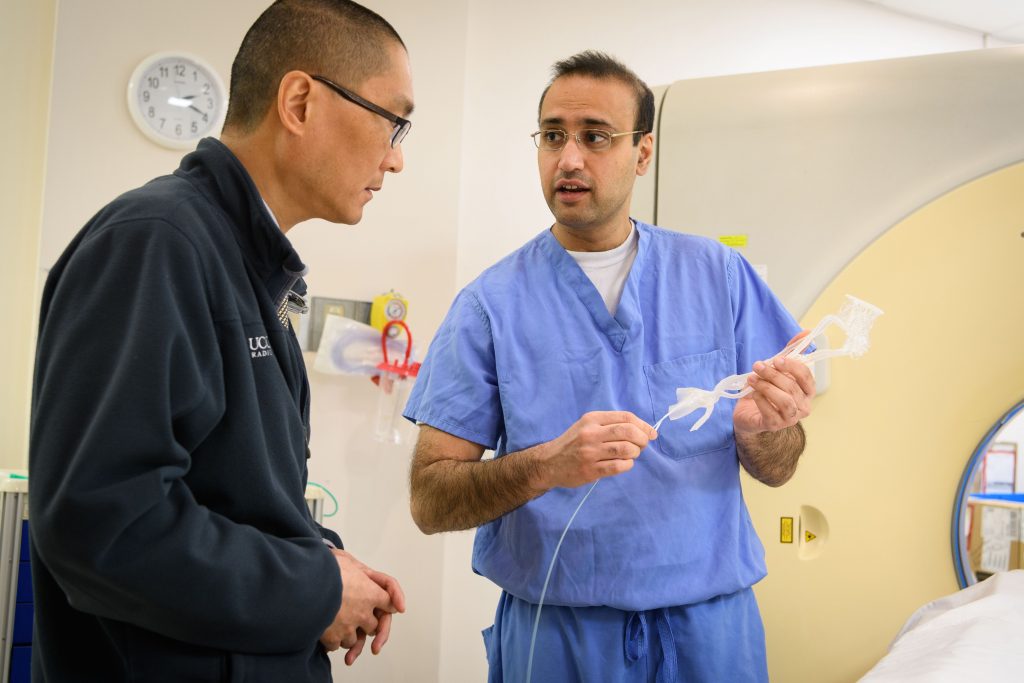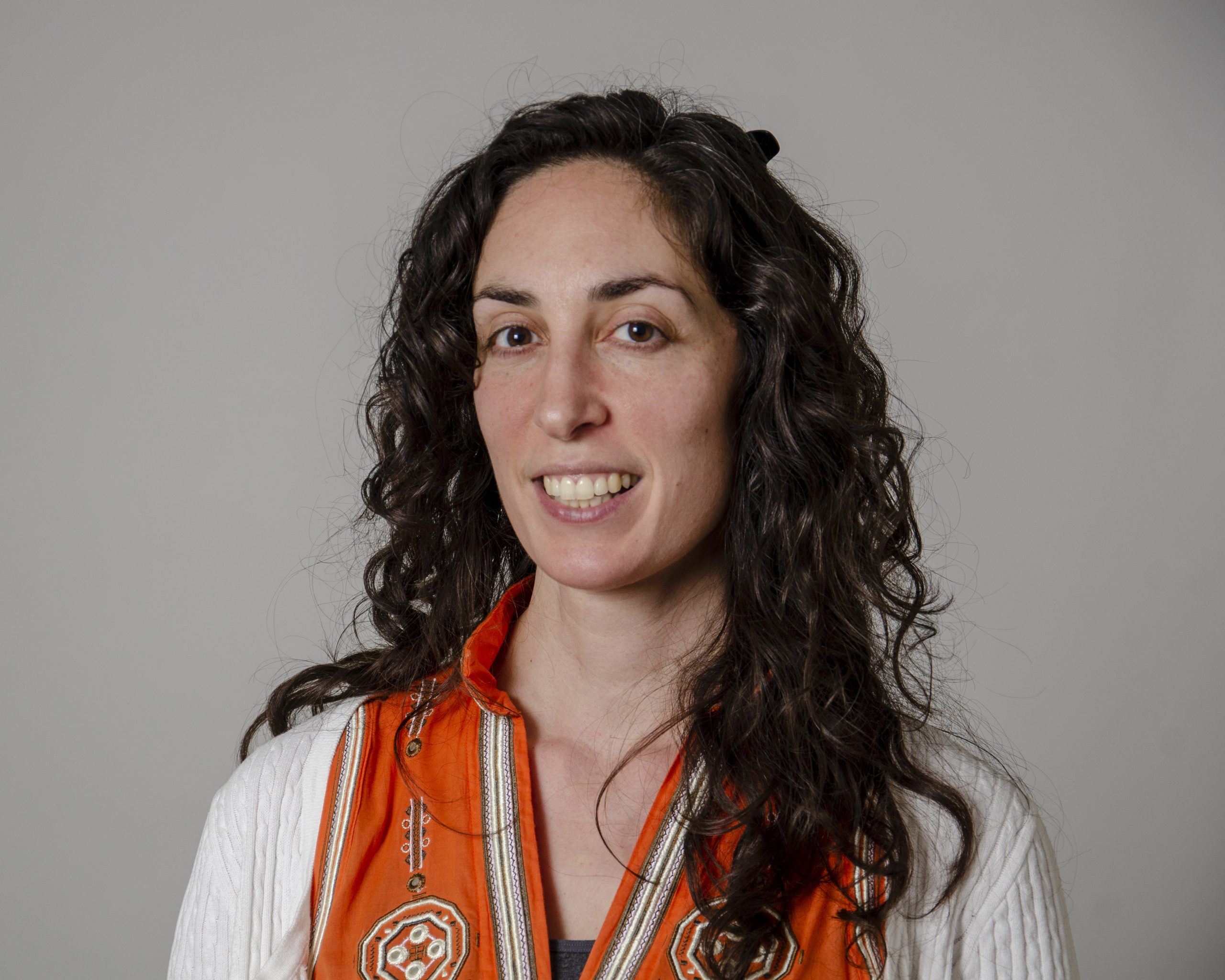
Writer
Kim Krieger
Kim Krieger has covered politics from Capitol Hill and energy commodities from the floor of the New York Mercantile Exchange. Her stories have exposed fraud in the California power markets and mathematical malfeasance in physics. And she knows what really goes on in the National Radio Quiet Zone. These days, Kim tells clear, compelling stories of the research at UConn. Her work connects Connecticut citizens and the press with the vast resources of their flagship public university. When not at UConn, she can be found kayaking among the beautiful Norwalk islands, digging in her garden, or occasionally enjoying the silence in the National Radio Quiet Zone.
Author Archive
Bacterial Fats, Not Dietary Ones, May Deserve Blame for Heart Disease
A new study by UConn scientists suggests that the fatty molecules linked to heart disease may come not only from what you eat, but from the bacteria in your mouth. The research may explain why gum disease is associated with heart trouble.
November 13, 2017 | Kim Krieger
Booze and Pot in Teen Years Lessen Life Success
Young adults dependent on marijuana and alcohol are less likely to achieve adult life goals, according to new research by UConn Health scientists.
November 5, 2017 | Kim Krieger
Tanning Beds and Risky Behavior Linked – in Men
Even though men use tanning beds at lower rates than women, men who tan tend to do it in riskier ways, according to a new study by UConn researchers.
November 2, 2017 | Kim Krieger
Aged DNA May Activate Genes Differently
New UConn Health/JAX GM research shows that as we age, some sections of our chromosomes curl and close up, making it harder for cells to access genes critical to defending against disease.
October 31, 2017 | Kim Krieger
Skype a Scientist
A program to engage schoolchildren in science has grown in 8 months from one graduate student in one UConn lab to thousands of scientists across 12 time zones and all 50 states.
October 16, 2017 | Kim Krieger, University Communications, with illustrations by Kailey Whitman
Fishing for New Antibiotics
A UConn chemist discovers a new mode of action for antibiotics, using antibacterial peptides found in fish.
October 10, 2017 | Kim Krieger
Cell Modeling Tool Makes Complex Calculations User-Friendly
The Virtual Cell, or VCell as it’s known at UConn Health, is a software platform that offers the most comprehensive set of modeling and simulation capabilities for cell biology in the world.
October 3, 2017 | Kim Krieger
UConn Health’s New 3-D Printed Model Allows Brain Surgeons to Practice
A team of researchers at UConn Health converted MRI brain scans into something a 3-D printer could interpret, enabling them to print an inexpensive, true-to-life teaching model of the brain’s major arteries.
September 14, 2017 | Kim Krieger
Why (We Think) Atheists are More Likely to be Serial Killers
There is a global moral prejudice against people who do not believe in a god or gods, according to a new study by UConn anthropologist Dmitris Xygalatas and colleagues.
August 22, 2017 | Kim Krieger
Thermal Funkiness: Explaining the Unexpected
After just one semester of college physics, undergraduate Connor Occhialini performed theoretical calculations that explain why scandium fluoride shrinks when it gets warm. His work has now been published in an elite physics journal.
August 9, 2017 | Kim Krieger
